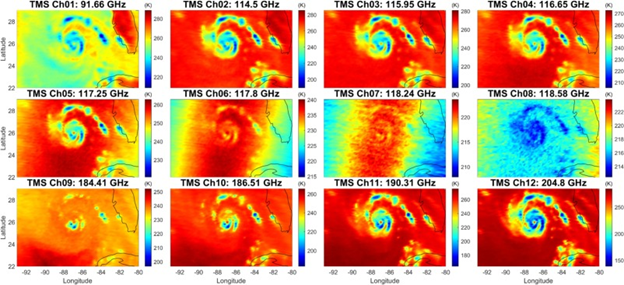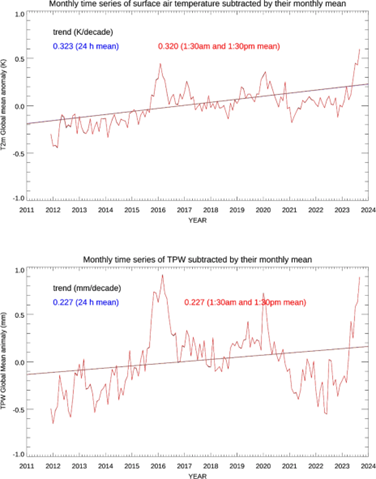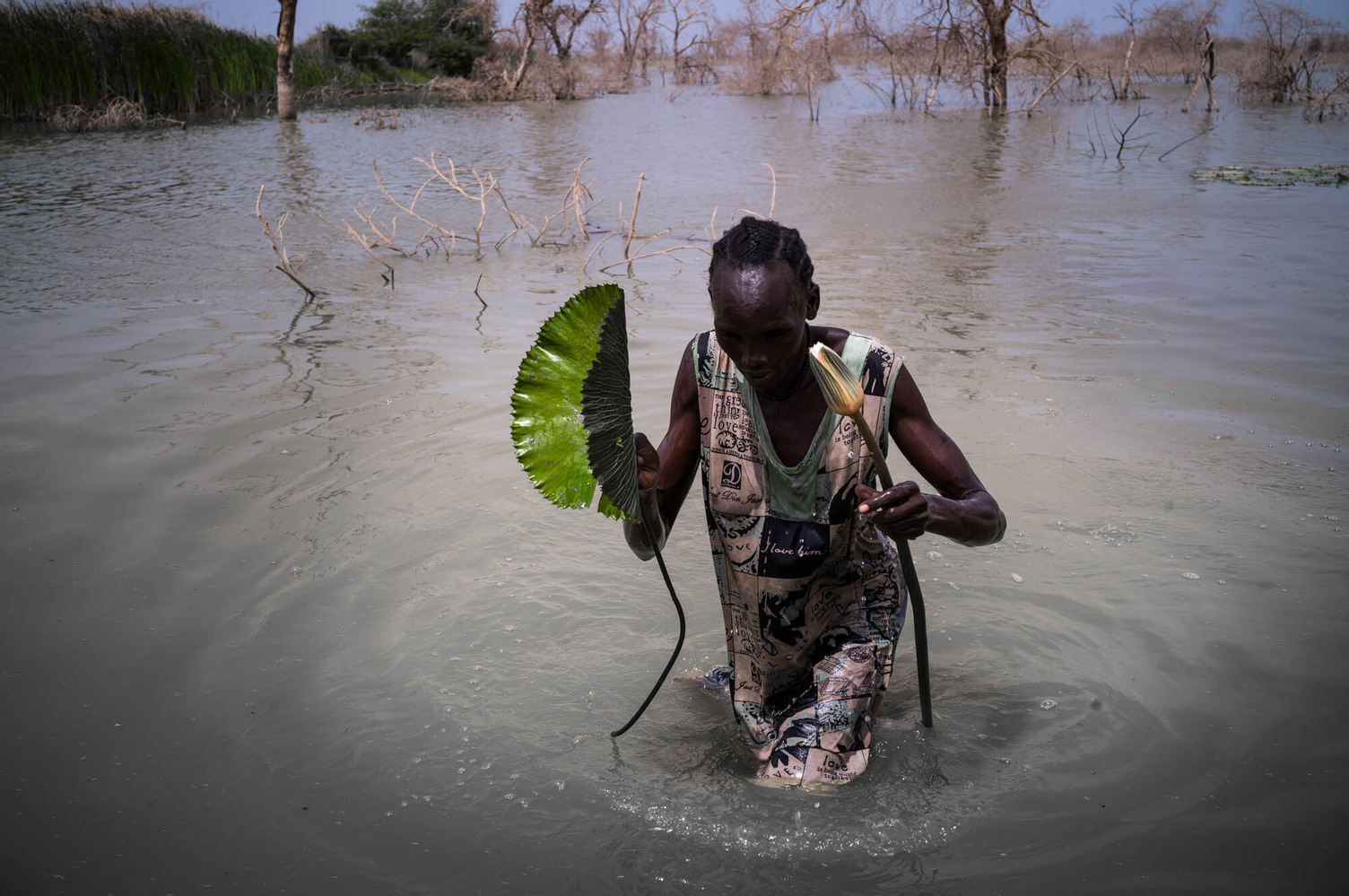The Global Carbon Cycle
Recent developments in science, resource management, and public policy have intensified interest in the global carbon cycle. Carbon is important as the basis for the food that sustains human populations, and as the primary energy source that fuels human economies. It also significantly contributes to the planetary greenhouse effect and the potential for climate change. Fossil fuel consumption and land clearing over the past 150 years have caused atmospheric CO2 and CH4 concentrations to increase to a level higher than it has ever been in over 400,000 years. Changes in land management practices and CO2 and nutrient additions can also significantly enhance carbon “sinks.”
ESSIC’s research is oriented toward understanding, monitoring, and predicting the global carbon cycle, including the role and variability of terrestrial and marine ecosystems, land use, and land cover. Key questions involving Earth System interactions include:
- What are the dynamic storages, transfers, and pathways of carbon within the Earth System, and how will this carbon cycling change in the future?
- On longer time scales, what exchanges exist with the lithosphere?
- How do various processes in the ocean and on the land determine the interannual growth rate in atmospheric CO2?
- What are the global patterns of land cover and land use, and how do land management practices affect carbon storage and release?
- What interactions and feedbacks with the physical climate system are induced by changes in terrestrial and marine ecosystems, land use, and land cover?
Affinity Groups
| Affinity Group Name | Chair | Webpage |
|---|---|---|
| Hydrology and Land Surface | Michael Maddox | Link |







